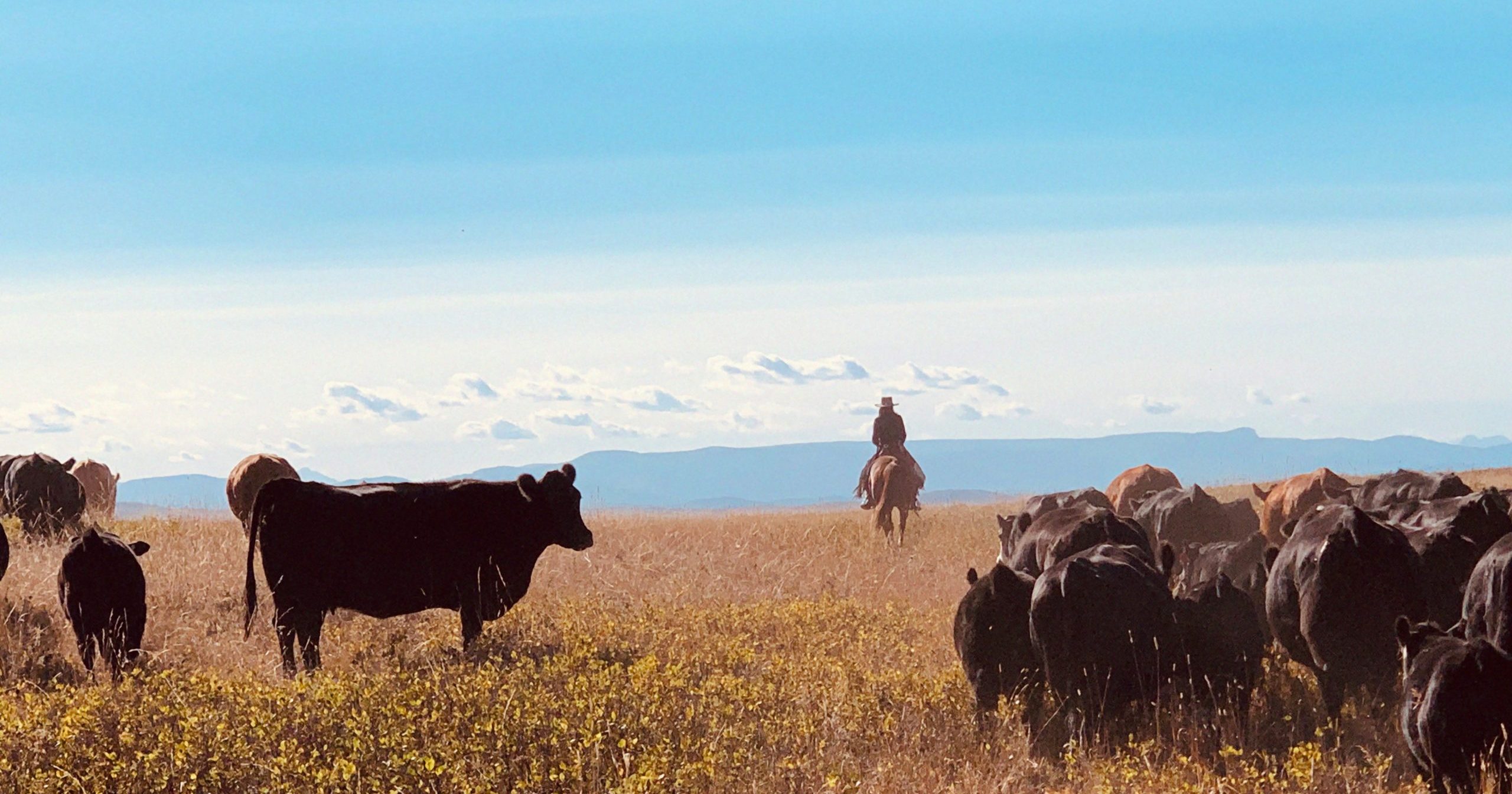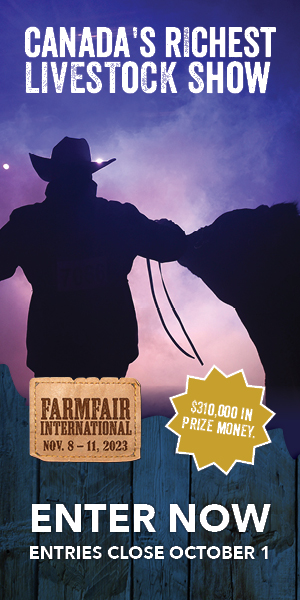AB Direct - Steers
Rail: ---
AB Direct - Heifers
Rail: ---
US Trade- Steers
Rail: 290.00 (IA)
US Trade - Heifers
Rail: 290.00 (IA)
Canadian Dollar
0.02

Canfax Weekly Article | Report for the week of August 28, 2023
Sale volumes were too light to establish a weighted average Alberta fed price, but the market tone was steady to weaker. From their highs in June, fed prices have dropped 6%. Competition on the cash market was limited, as packers seem to have a lot of cattle around them. Last week, dressed sales/bids ranged from $388-390/cwt delivered. The few cattle that traded were scheduled for early October delivery. Over the past four weeks, on average Alberta fed prices have been at a $17.50/cwt discount to the Nebraska market. For the month of August, this is the weakest basis since 2004.
The Canfax average feeder steer and heifer prices were $9-12/cwt higher. Week over week, larger gains were noted on lightweight calves, with prices advancing $8-25/cwt. Feeders more than 800 lb traded $2-5/cwt stronger, setting new annual price highs. Alberta steers weighing more than 800 lb were $82.50/cwt higher than last year; on average heifers were $79.50/cwt higher than last year. Last week, there was a good mix of backgrounded feeders and yearlings being marketed off of grass. Feeders coming out of background lots were trading at an $8-12/cwt discount compared to grass yearlings. Alberta auction volumes totaled just more than 41,000 head, 20,000 head larger than the same week last year. Canadian feeder cattle exports to the U.S. for the week ending August 12 totaled 2,080 head.
Alberta D2 cows traded $1/cwt lower and live trade was reported from $140‑160/cwt. D3 cows averaged $133/cwt. Butcher bulls traded $1/cwt higher, averaging $160/cwt, with a trading range from $147-179/cwt. Over the past month, Alberta cow prices have gone from a $7/cwt premium to the U.S. market to a $4/cwt discount. Canadian butcher bull exports to the U.S. for the week ending August 12 totaled 912 head, 10% lower than the same week last year.
Bull:
- For the end of July, total beef in cold storage is 17% lower than last year.
- U.S. 90% lean trim prices have strengthened in recent weeks, trading at annual high levels.
- Over the past month and a half, the Canadian dollar has dropped 3%, which should be supportive to the cattle market and beef exports.
Bear:
- This summer, Western Canadian slaughter rates have been running well below last year and to a certain degree has backed cattle up a little bit.
- Since the end of July, pork cutout values have declined 12%.
- From a seasonality standpoint, fed cattle price upside remains limited. Based on long-term indices, fed prices historically bottom in late August/early September.
Leave a Comment
Add abpdaily.com to your home screen
Tap the menu button next to the address bar or at the bottom of your browser.
Select ‘Install’ or ‘Add to Homescreen’ to stay connected.



Share this article on
About the Author